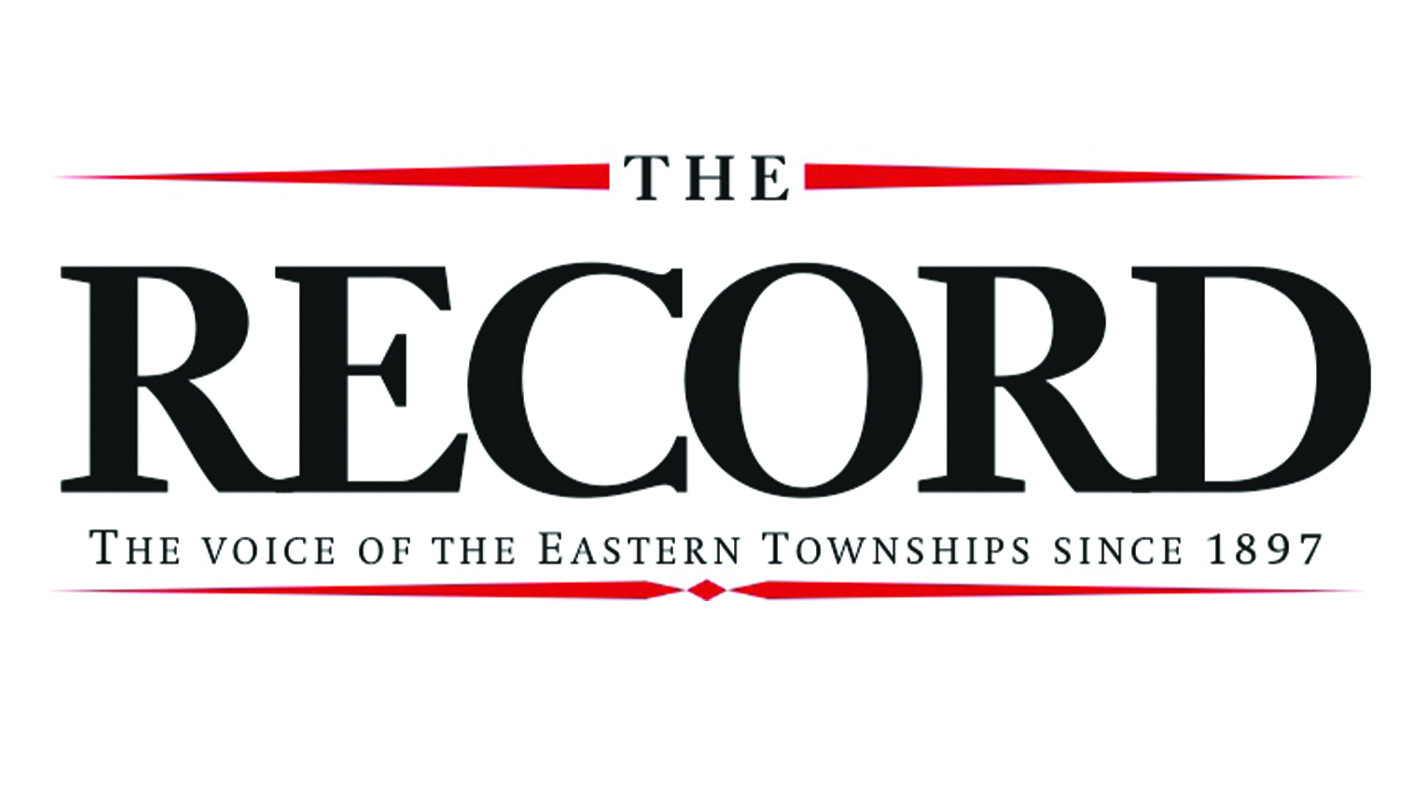By Dian Cohen
Although it’s often attributed to Mark Twain, the certainty of death and taxes was originated by Benjamin Franklin. From another perspective two topics impact everyone: health and money – and both are sitting precariously on a balance board.
On the health side, for the last year the world has been operating on the premise that a vaccine would be found to defeat the COVID 19 virus and that life would return to a semblance of normality in some reasonable time. A year after billions of dollars were plowed into finding a vaccine, success seemed to be upon us – not one but several vaccines with high efficacy were developed in record time, spurring hope that the decimation of both the economy’s and individual’s health would no longer be in jeopardy.
These last few weeks are turning hope into hesitancy – PR stumbles in the communication of vaccine safety, delays in the rollout of global and nationwide injections, possibilities of serious side-effects and political gaffes in getting messages to citizens about their behavior has been weighing on the minds of people who had not made up their mind about getting a shot and changing the minds of some who had originally wanted to. With only 20 per cent of the population vaccinated at least once, the third uptick in cases caused by variants is not helping us move toward “herd immunity”.
Two things are certain when we think about our health: the pandemic has advanced scientific innovation exponentially – our technological skills for discovering cures for diseases that have long plagued humankind have never seemed as honed. The pandemic has also laid bare the deficiencies in our present systems designed to keep us healthy. How to fix the way society organizes the delivery of healthcare is evident – more digitization, more community care, less fee-for-service, more patient-centred treatment by groups of professionals, more early education about illness-prevention, etc. What is not clear is whether governments will devote the same attention and resources to these once the crisis is over.
The money side is equally confusing, bifurcated, worrying – pick your own descriptor – which will depend on whether or not you are one of the people who lost their job, their business, their education — pick your adjective. If you are, your plans for moving up the income and social scale have been derailed. If you are not – meaning you still have an income – you may be better off than before, because you have received pandemic financial support, which you’ve deployed to buy a bigger home or put in the stock market. So residential real estate and equities are going crazy higher every day, giving pause to many who see the bubbles and wonder when they will burst. I am whole-heartedly in the camp of Dave Rosenberg, a financial blogger who wrote recently, “It is fanciful to believe that we come out of the first global pandemic in over a century into a world of new-found sustainable inflation. Or that a massive surge in public sector deficits and debts, producing little more than a short-term sugar high, have assured us an economic future replete with the “Roaring Twenties” and a “Goldilocks” economic scenario… understand that excesses will always go further than you think (where we are now) but that no bubble ever corrected by going sideways (no sense timing it; just know that it’s out there).”
In what we thought were more normal times – before 2020 – most of us went about our lives not thinking every day about our responsibilities as a citizen of this province and country. Our waking hours were filled with making a living and a life for ourselves and perhaps a partner and children.
That may no longer be enough. The pandemic is weakening many of our societal norms and mores, like going to school and to work, not expanding the authority of police unduly, not abusing drugs and so on. Change is happening, like it or not. You may want to think about what you value of the old normal, and what you would welcome when the new normal comes.
Dian Cohen is an economist and a founding organizer of the Massawippi Valley Health Centre.
Cohendian560@gmail.com.






